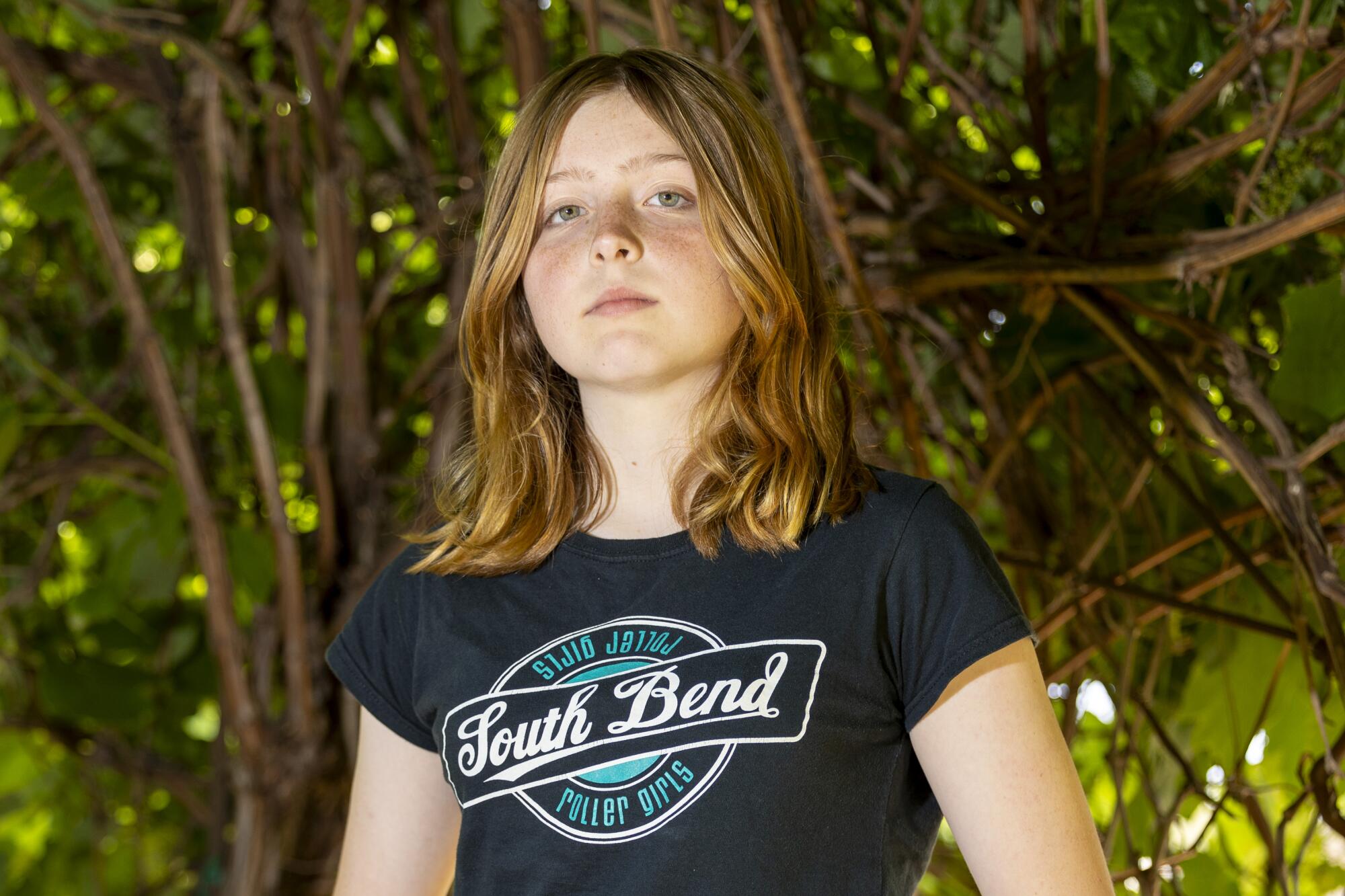
- Share via
Climate change is a big problem — we’ve all heard that before. We’ve also heard how it will affect future generations, but that statement alone doesn’t seem to be stopping pollution.
I want you to think of a young person in your life, like a kid, niece or nephew, or neighbor or student (and if you are a young person, think of yourself). Climate change will be affecting them in bad ways. What will happen when the Earth gets too hot or too cold to live on? Or if they have asthma and the air quality is bad enough that they can’t breathe? Or when all of the natural resources we have are exhausted and we can’t build new buildings?
It might sound far away, but things like that are already happening and some of them are closer than you think. According to the United Nations Economic Commission for Latin America and the Caribbean, Brazil, home to 53.3% of the whole region’s forests, has lost 92.3 million hectares (or about 228 million acres) of forest in the last 30 years.
Another example, and one that’s closer to home: U.S. News and World Report, in an article about the 10 U.S. cities with the worst air, said Bakersfield had the worst year-round air quality and also the days with the highest pollution. “Bakersfield’s poor air quality owes to a combination of factors,” the article said, “emissions from the area’s energy and agriculture industries, a dry, dusty climate” among them. The pollution affects “a population of more than 916,000.”
The good news is that there are lots of things you can do to help. You can practice source reduction, in which you don’t buy things such as plastic water bottles or paper bags and use tote bags or reusable water bottles instead.
Another good option is planting trees or doing community service. Trees create better oxygen, and many are being cut down for paper or land to turn into farms or houses and building materials, so planting them can help out a lot.
If you start to lose hope, remember that young person and that we’ve beaten a climate problem before: the hole in the ozone layer. So even if it’s just reusing your plastic water bottle, or planting a whole forest of trees, there’s something everyone can do to help.
Madar Mee is an eighth-grader in the Los Angeles Unified School District.







